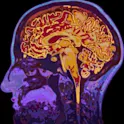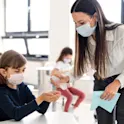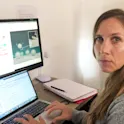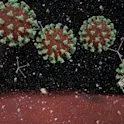Chronic pain may increase dementia risk: Here are five Frontiers articles you won’t want to miss
by Deborah Pirchner, Frontiers science writer Image: Shutterstock.com At Frontiers, we bring some of the world’s best research to a global audience. But with tens of thousands of articles published each year, it’s impossible to cover all of them. Here are just five amazing papers you may have missed. Chronic pain associated with increased dementia risk Alzheimer’s disease and related dementias (ADRD) make up approximately 80% of the more than 47 million cases of dementia worldwide. Looking into the future, cases are expected to increase sharply in the coming decades. A large percentage of the older population is also affected by chronic pain, a leading cause of disability that shares many risk factors with ADRD. These include advanced age, depressive disorders, diabetes, obesity, social isolation, and a low level of education. Now, researchers in France have assessed the impact of chronic pain on the incidence of ADRD. They published their results in Frontiers in Aging Neuroscience. They found that the presence of chronic pain is associated with a higher incidence and risk of developing ADRD when compared with older adults with no chronic pain. The researchers stressed the importance of prevention, diagnosis, and management of chronic pain to limit resulting […]














